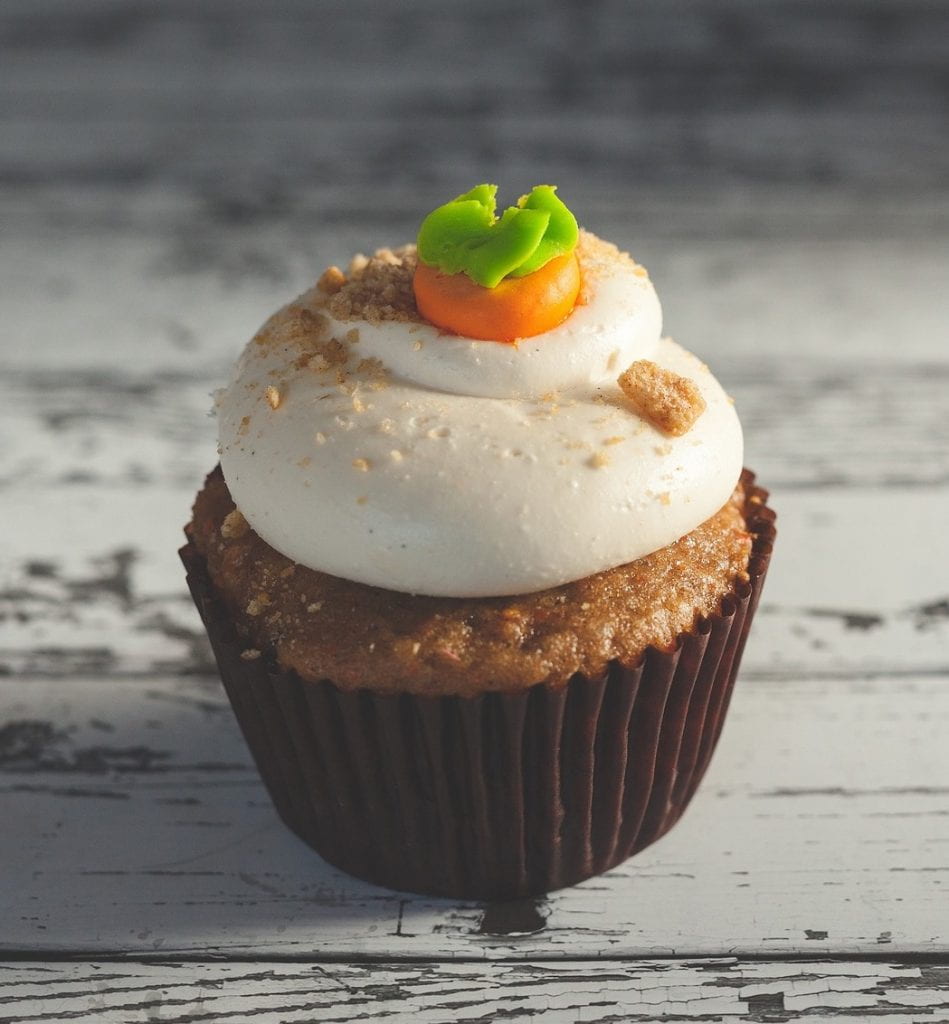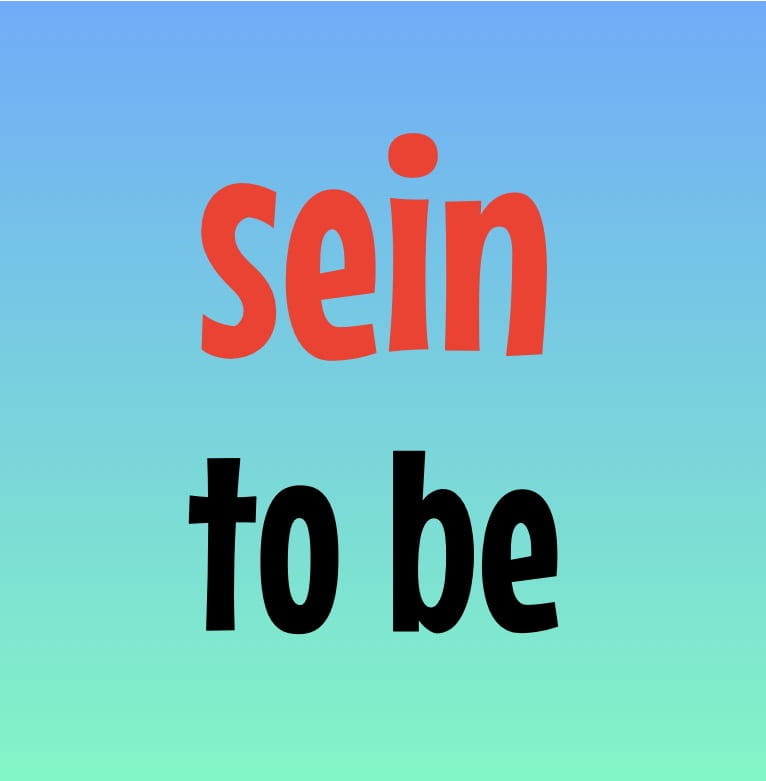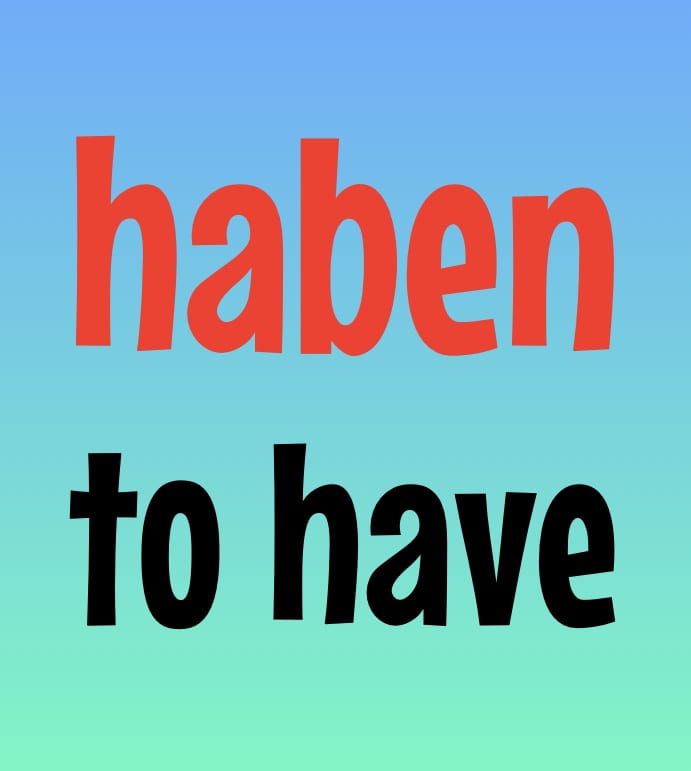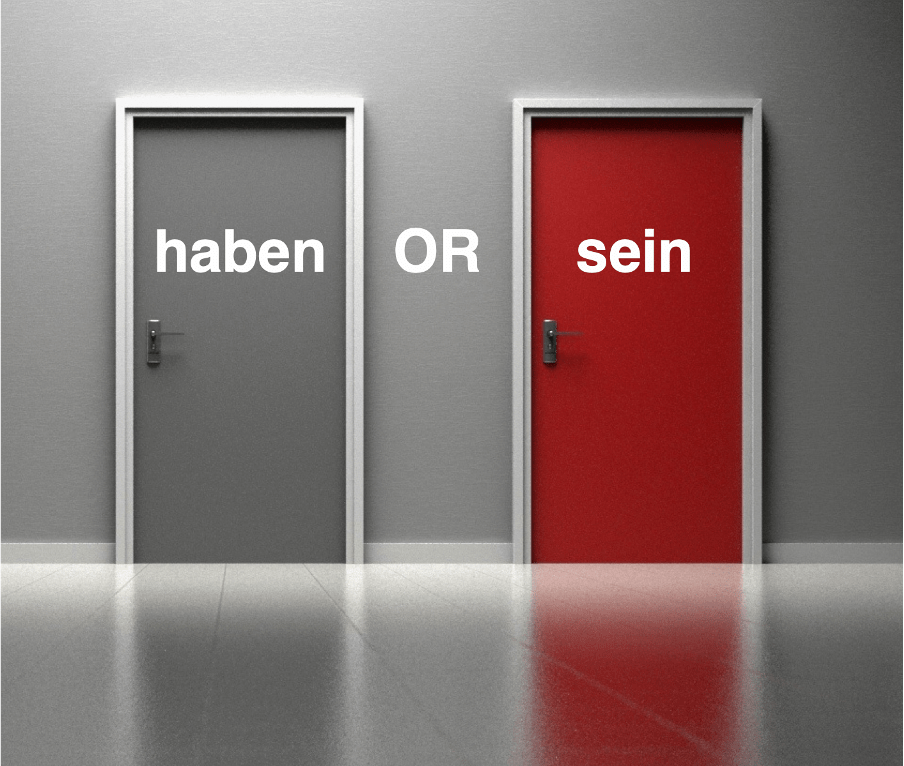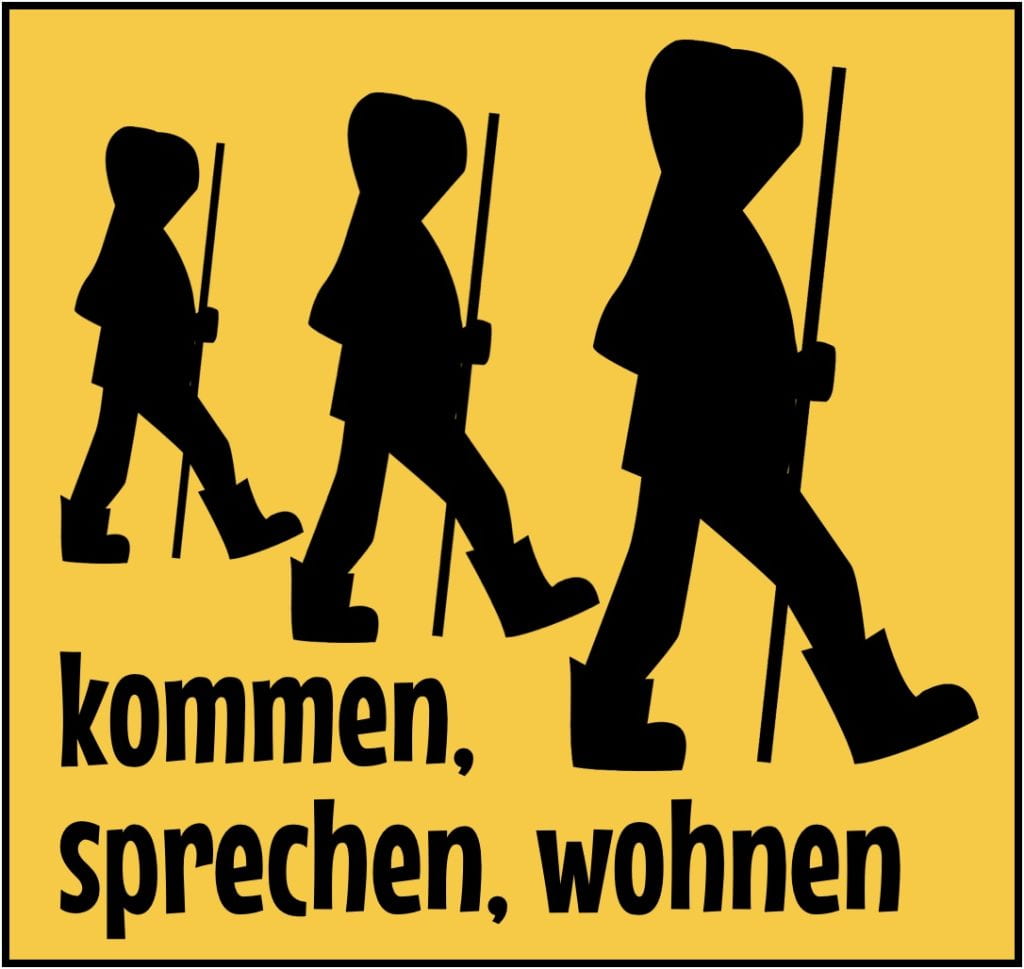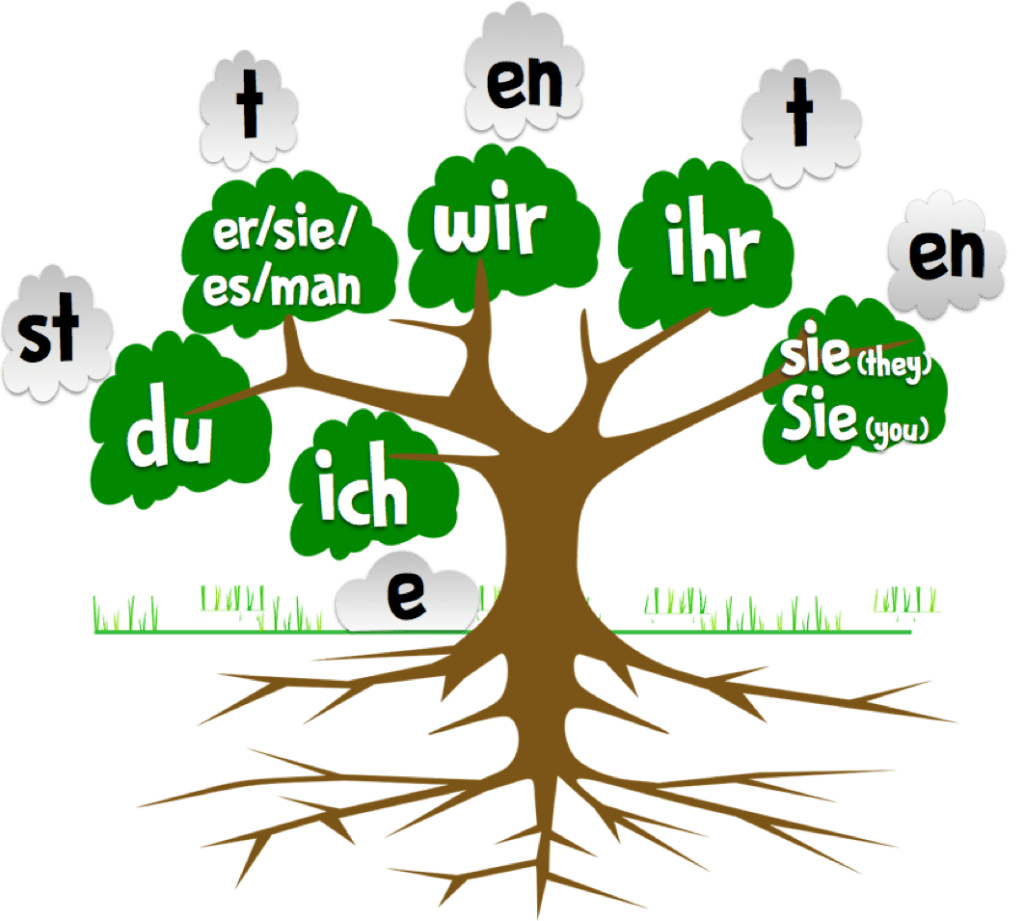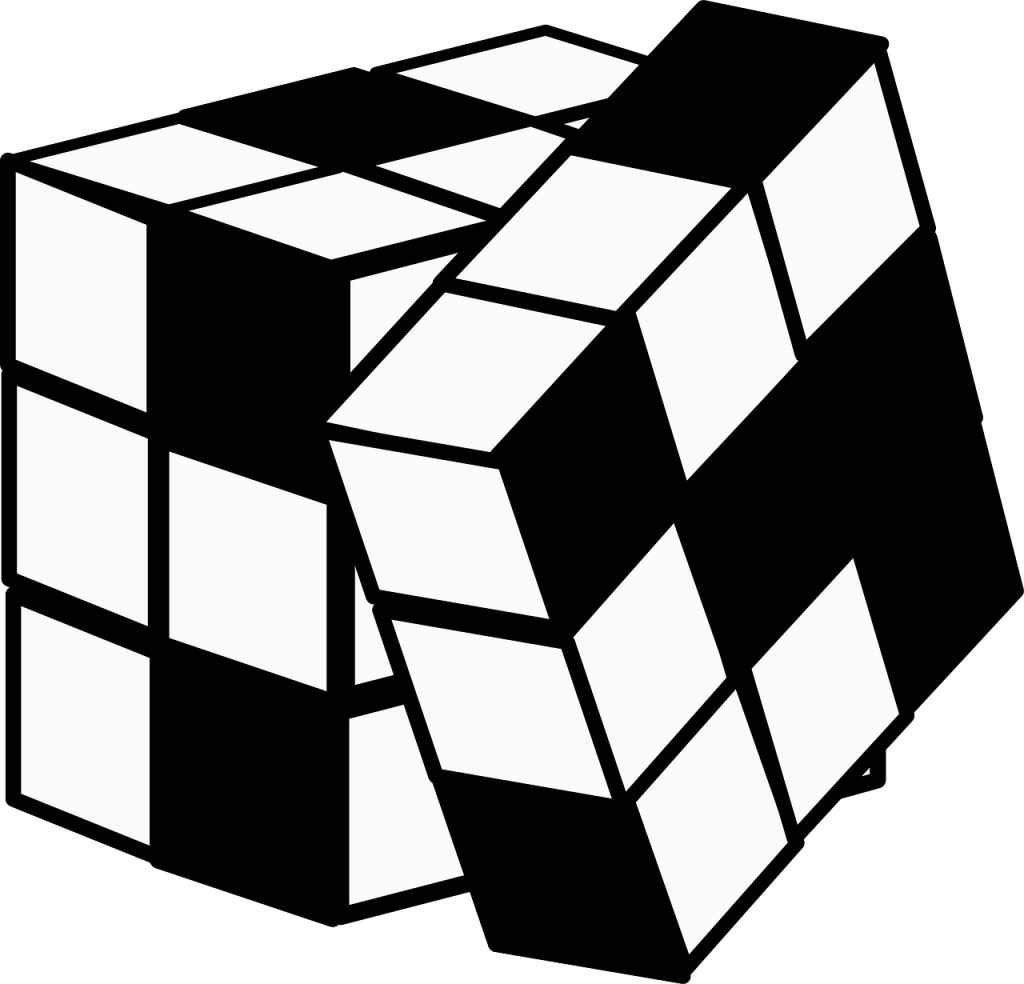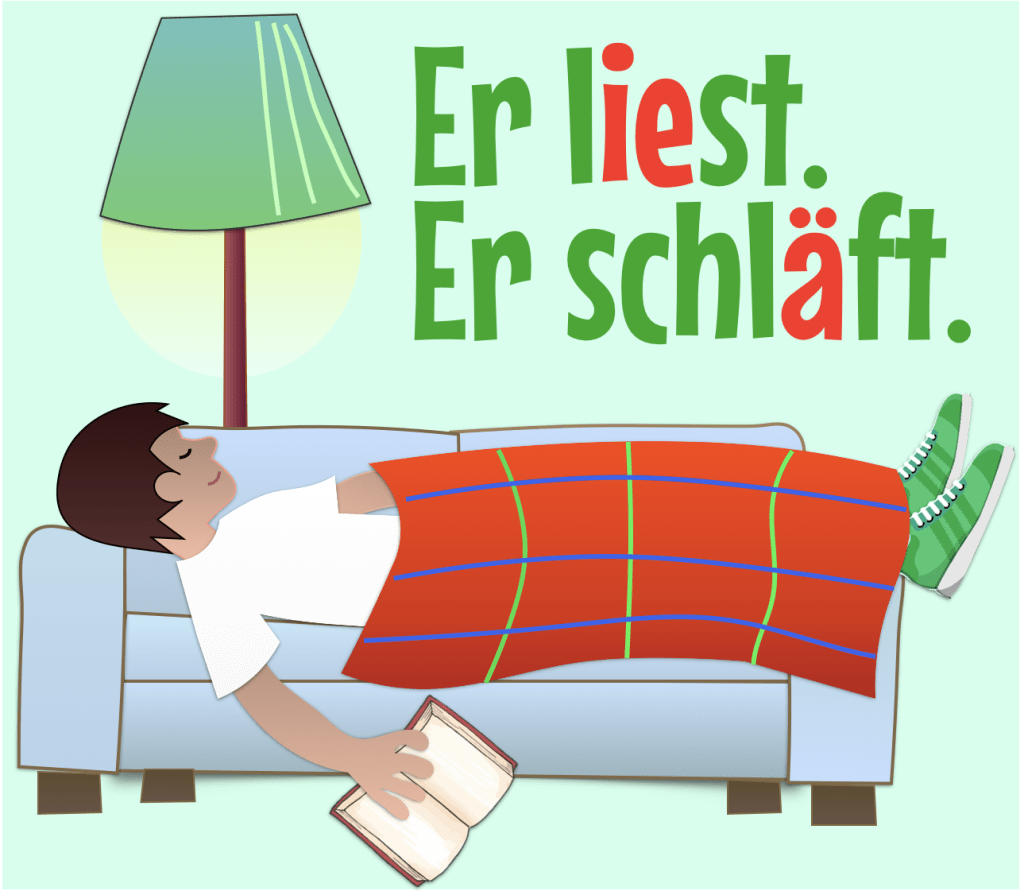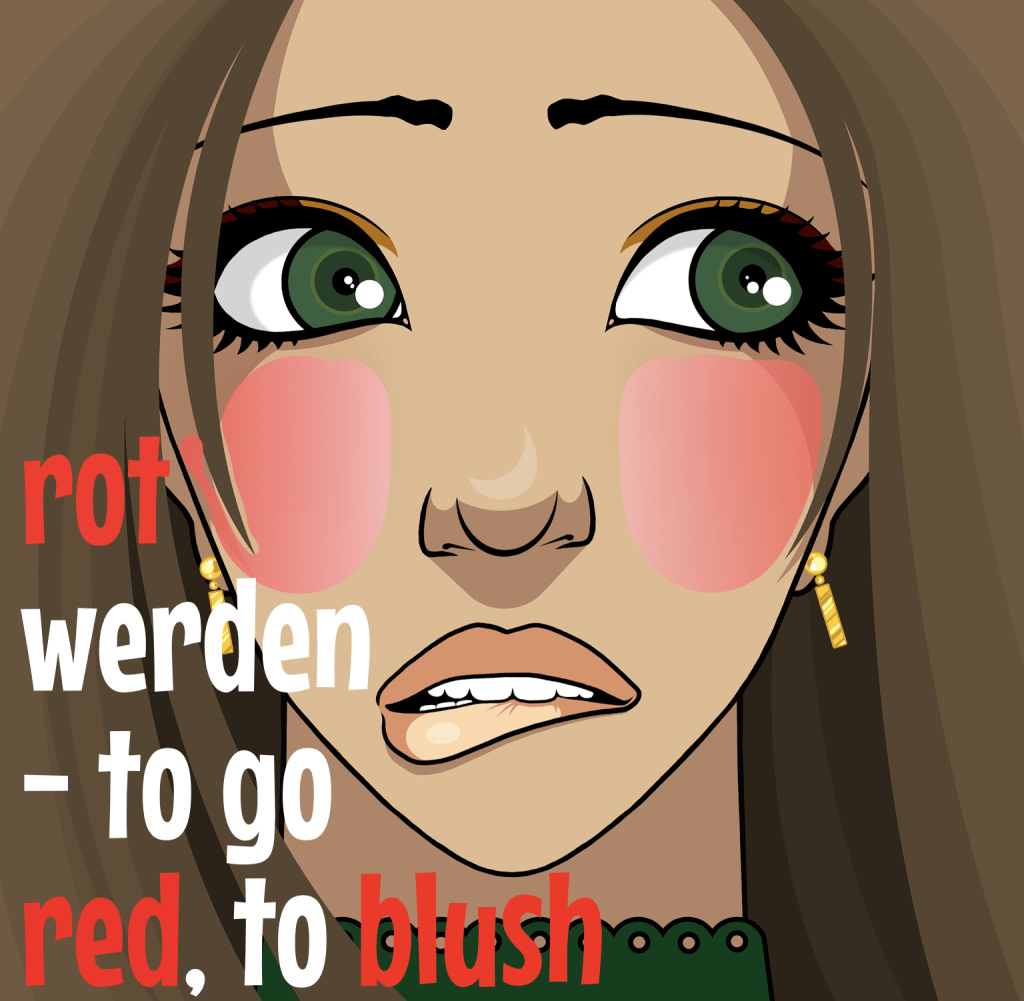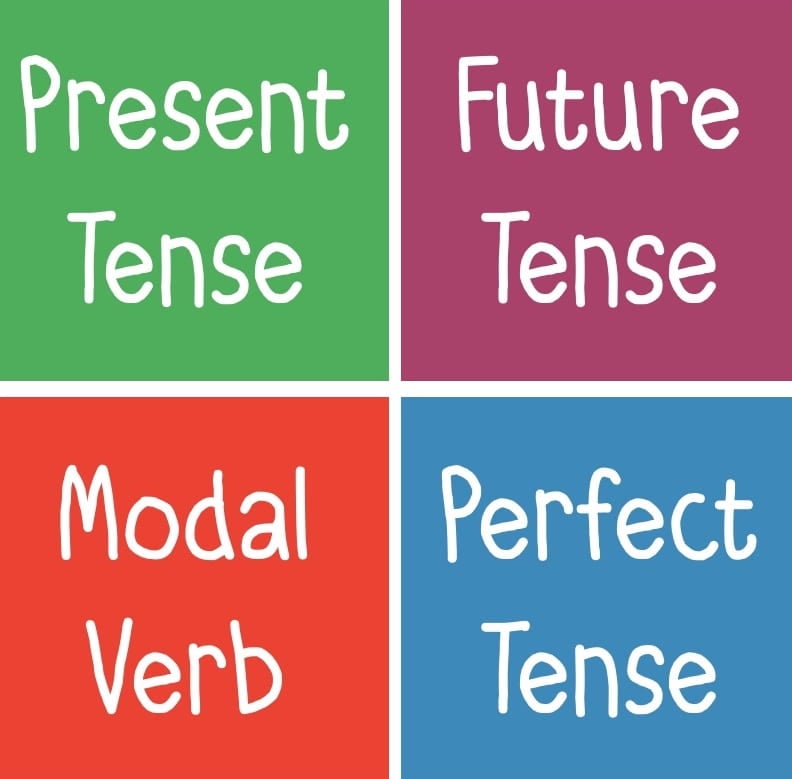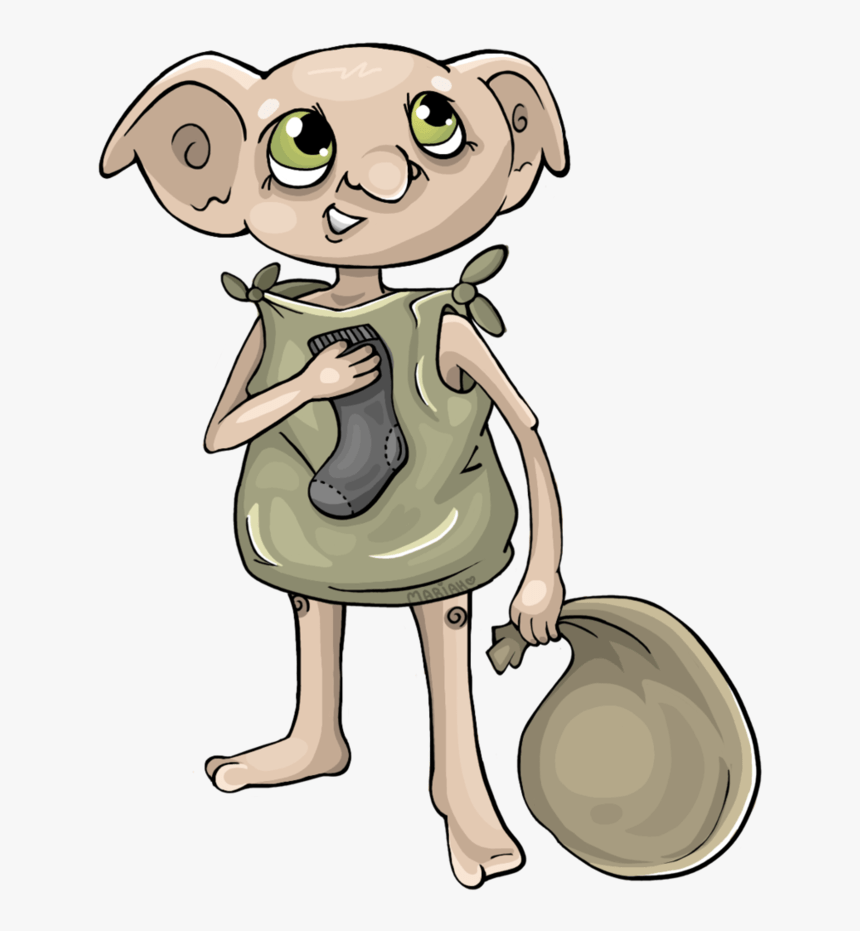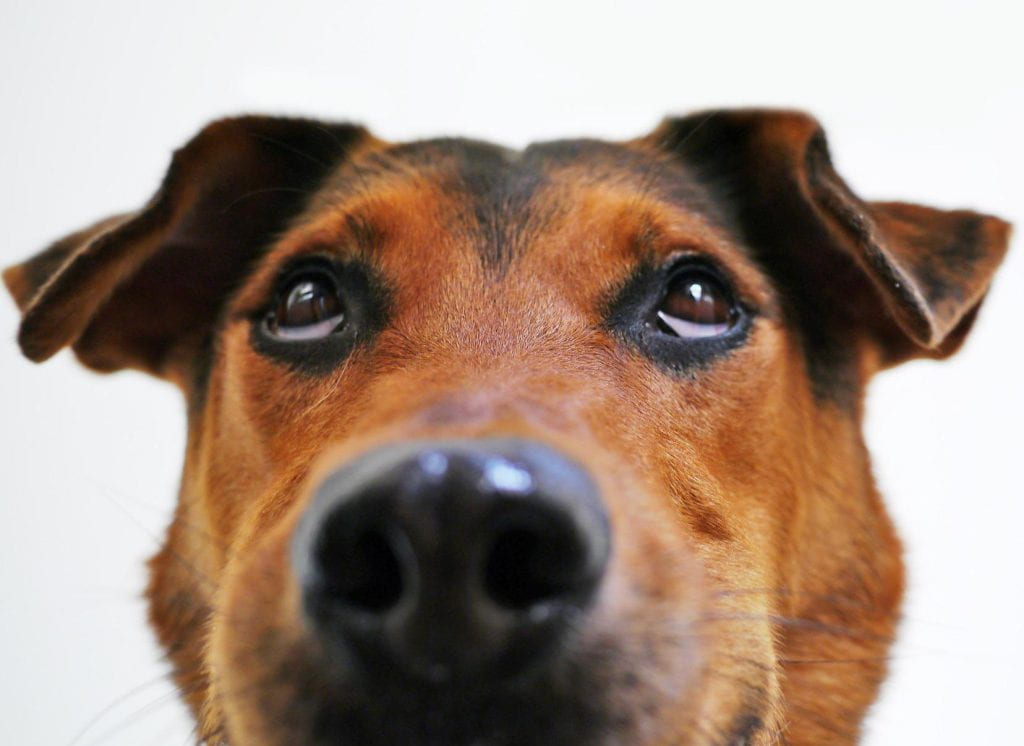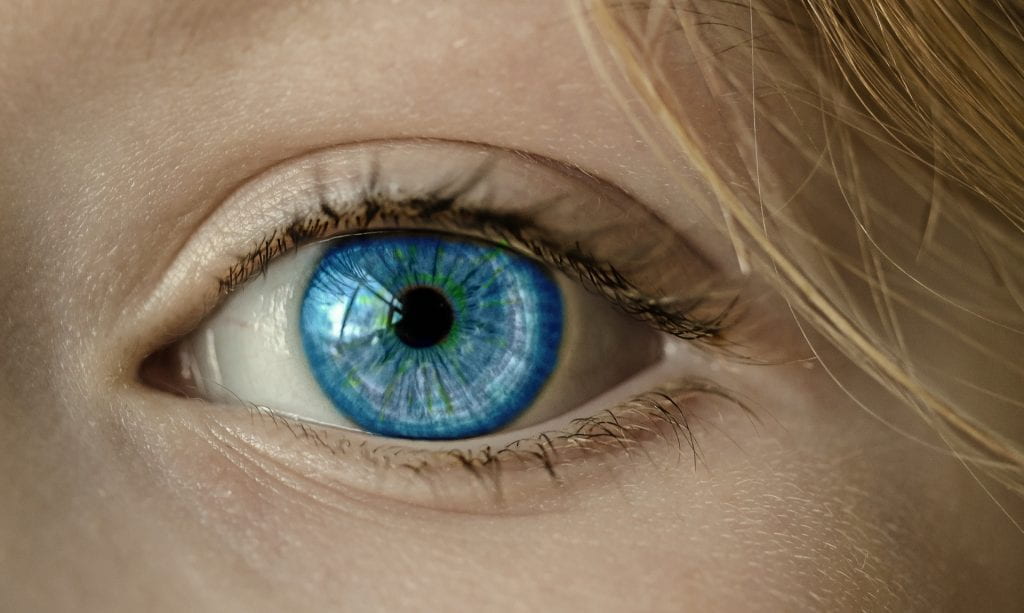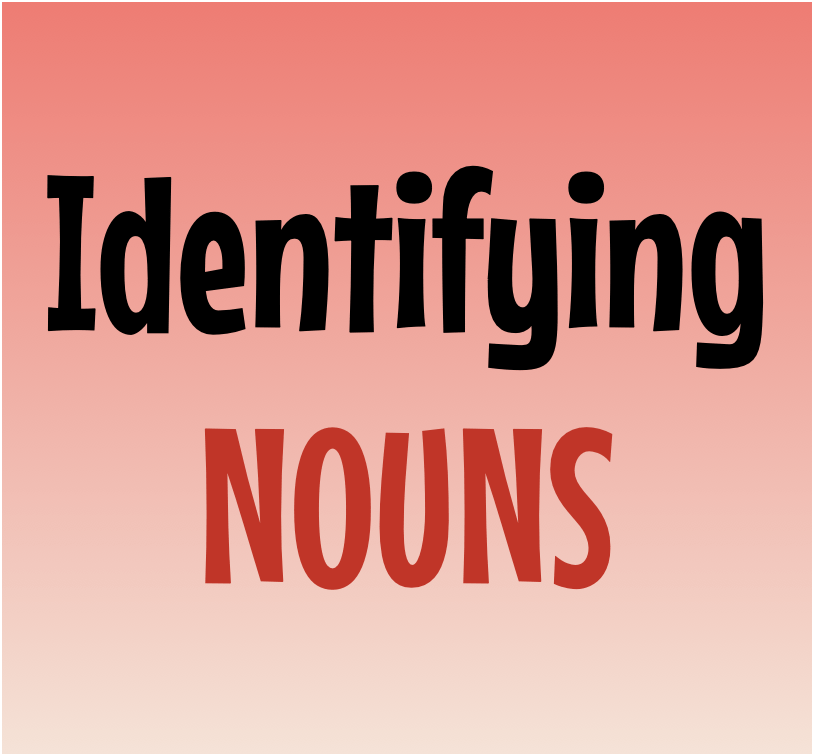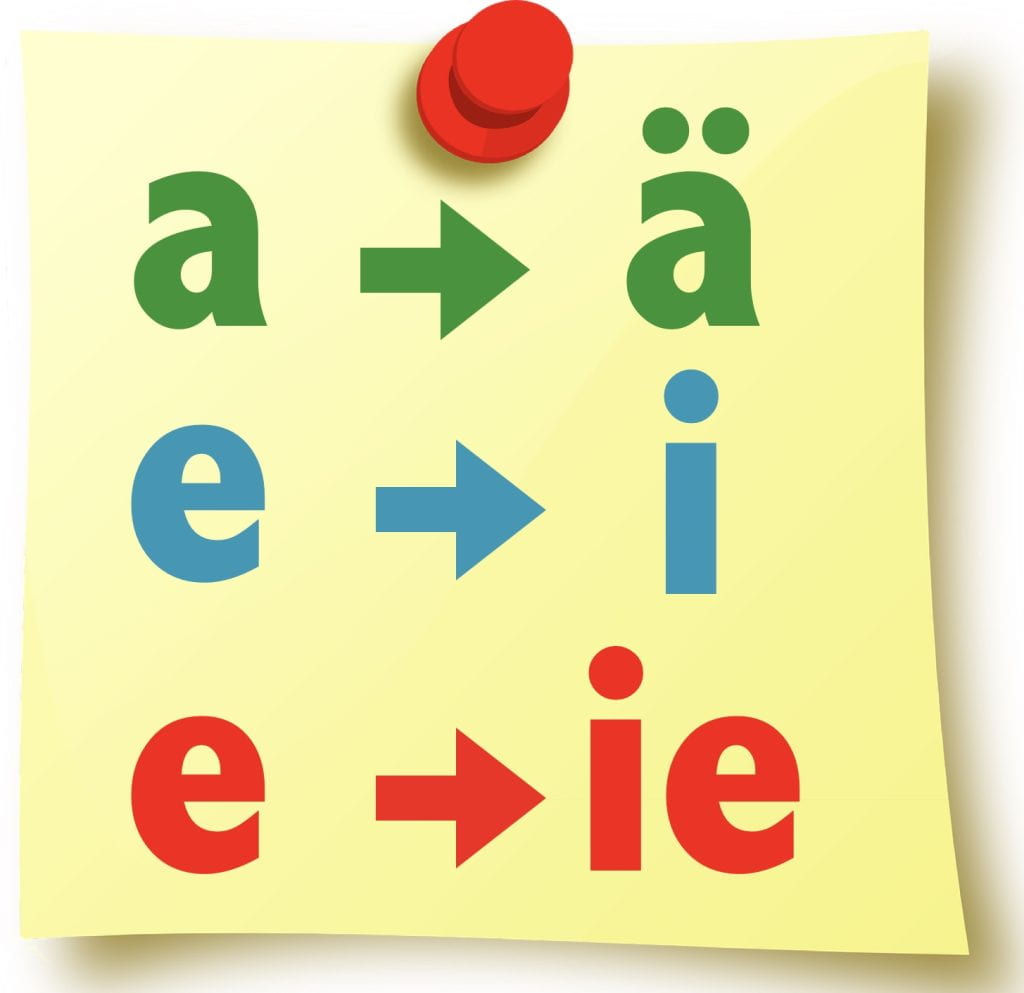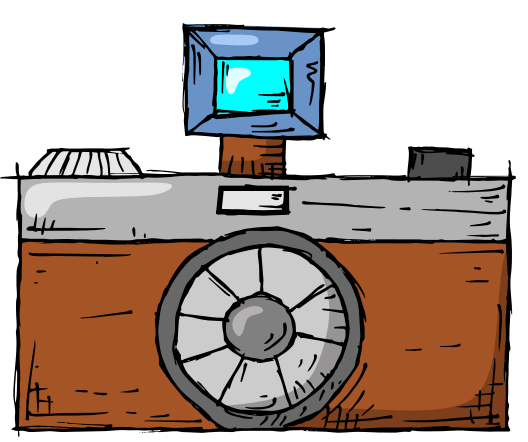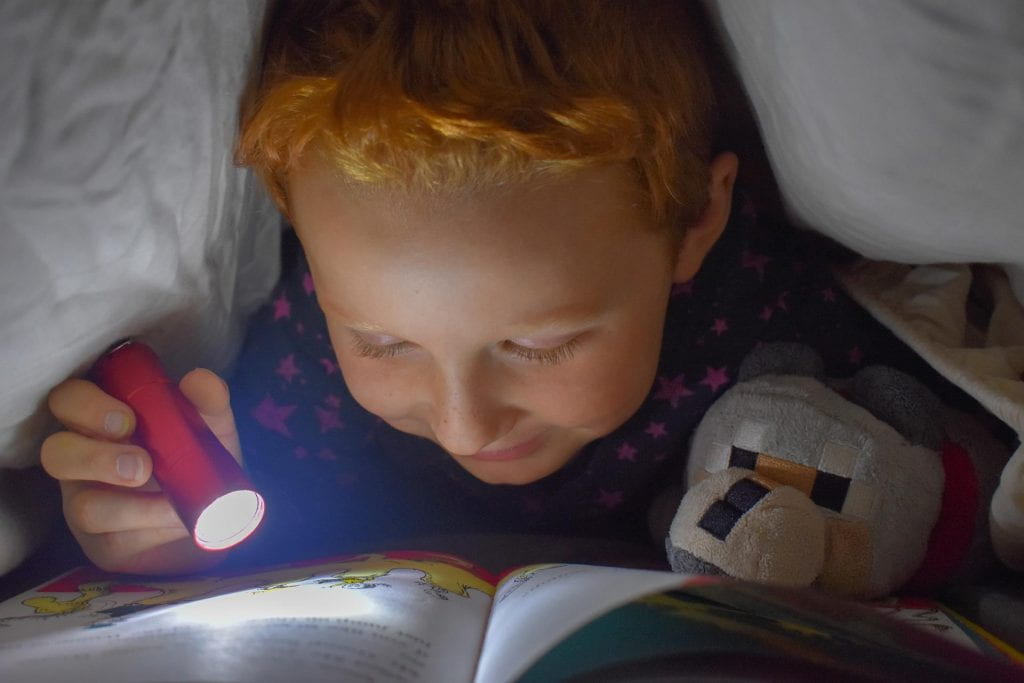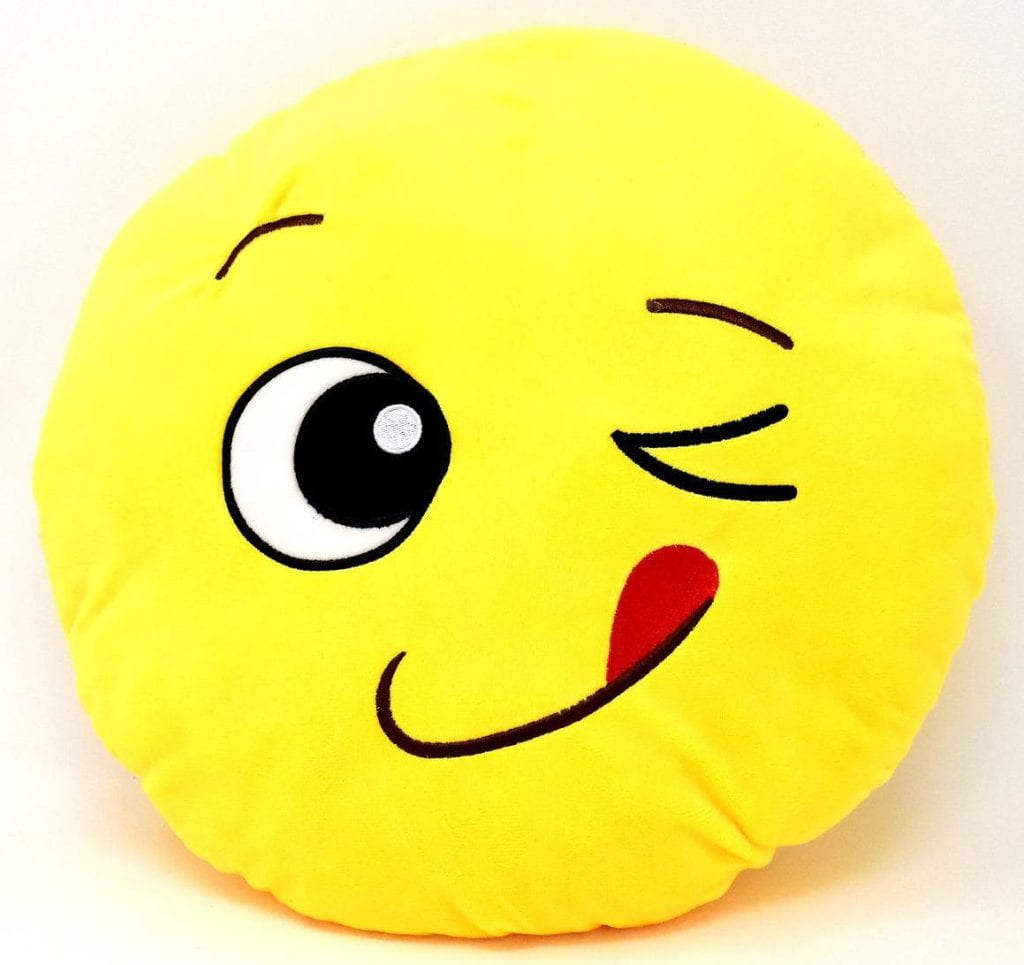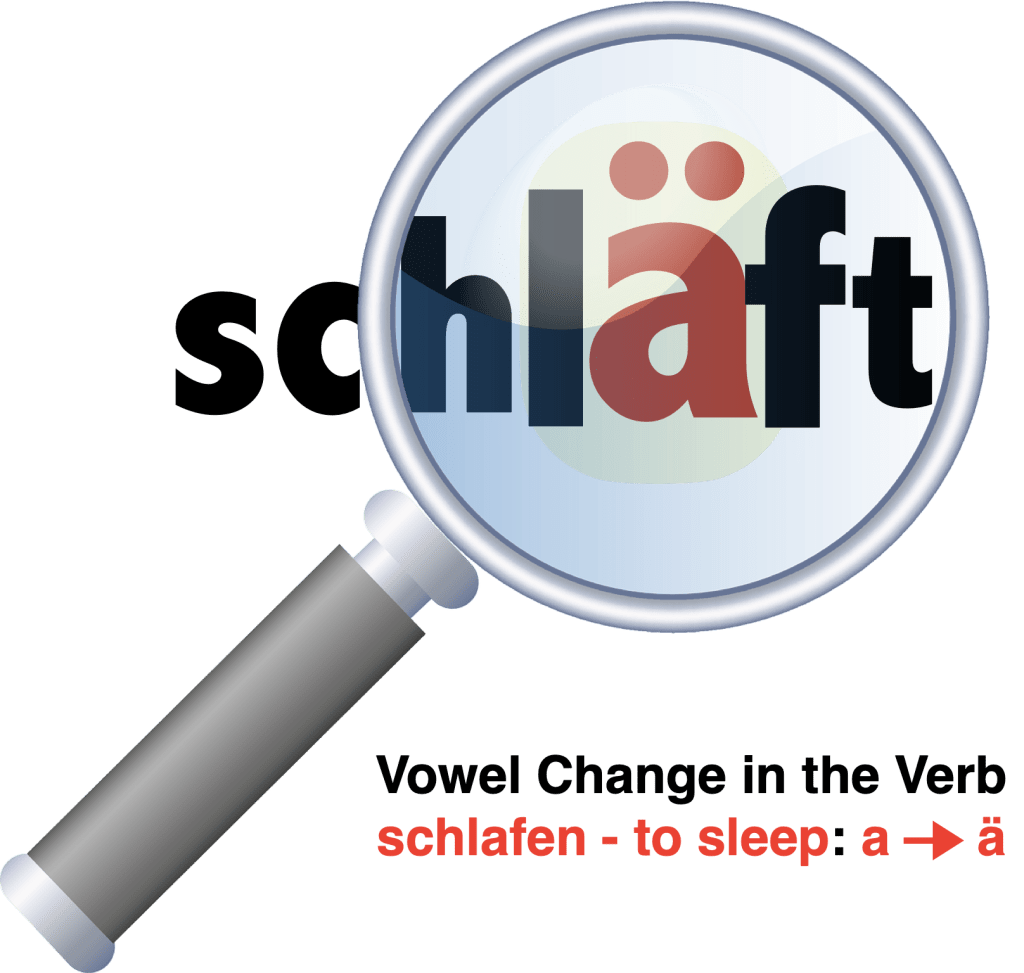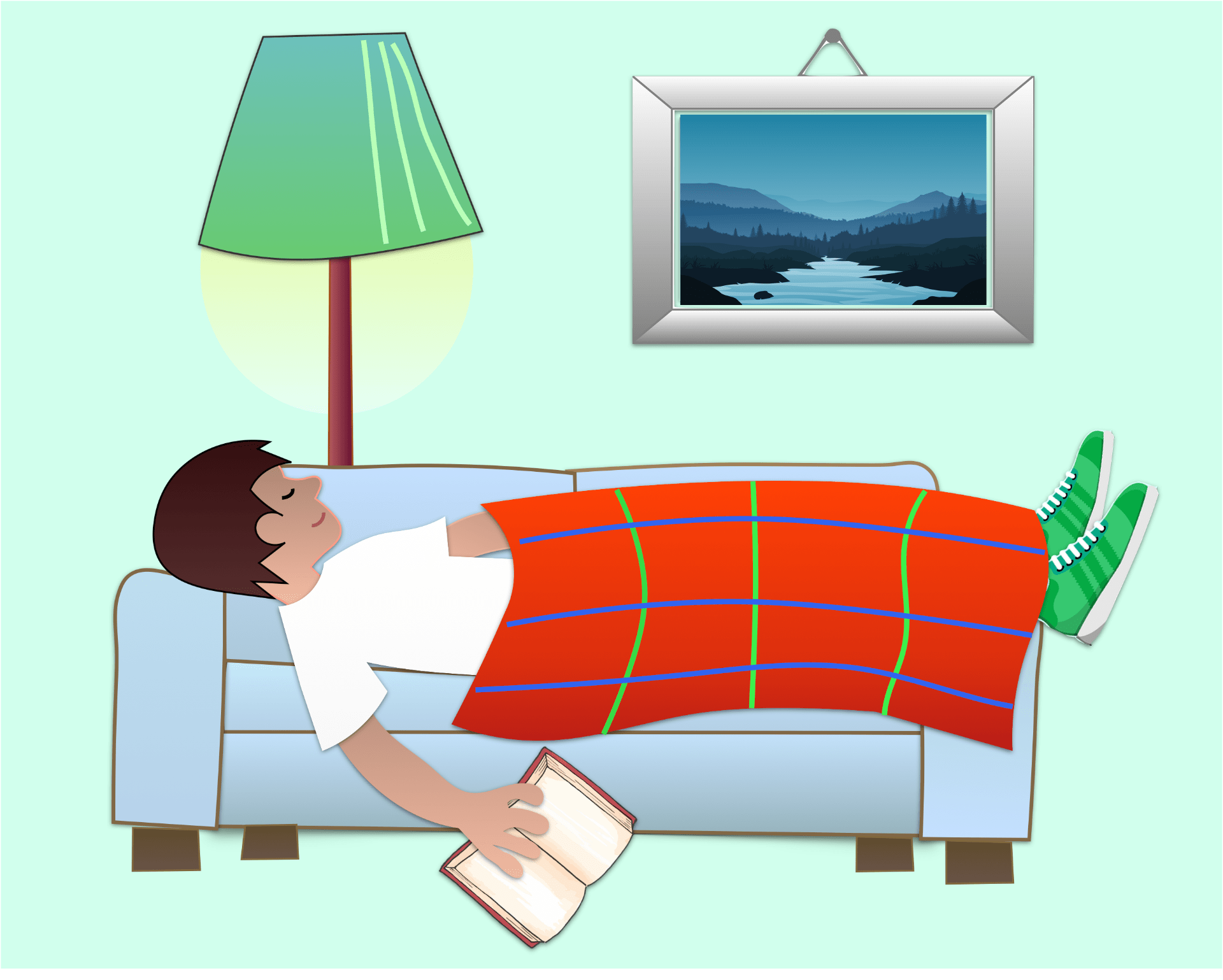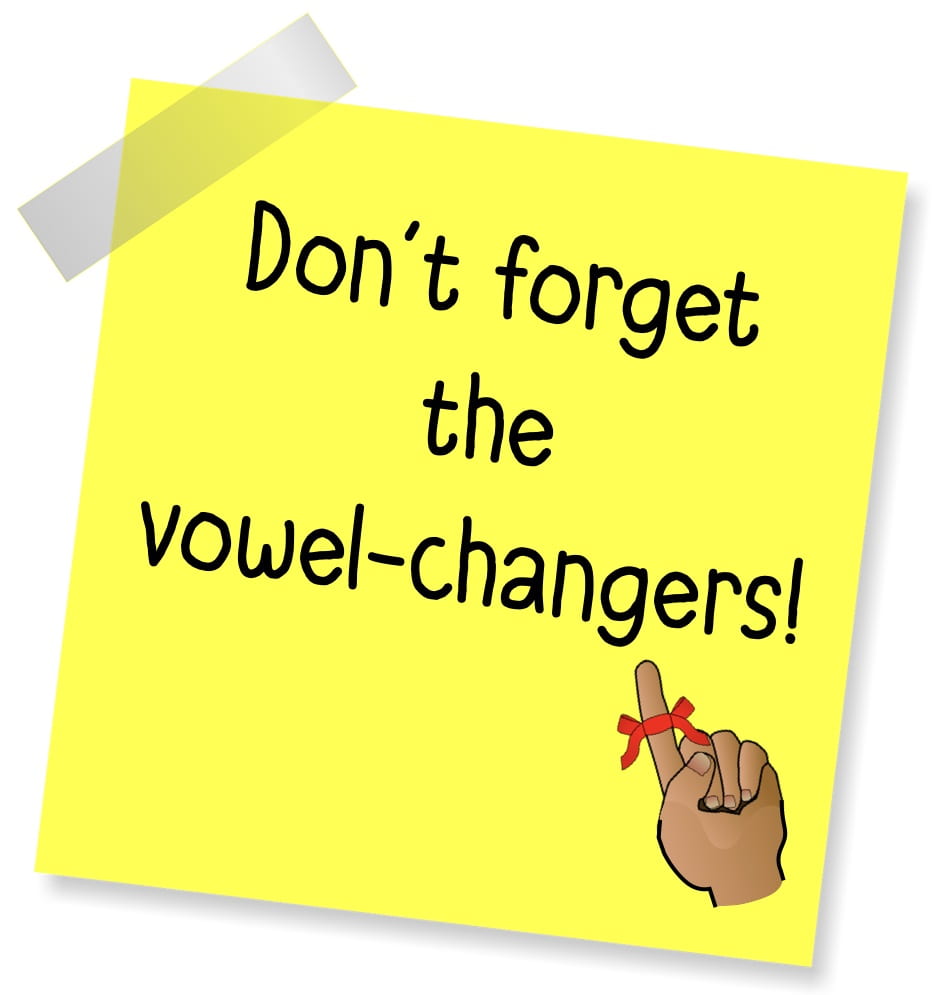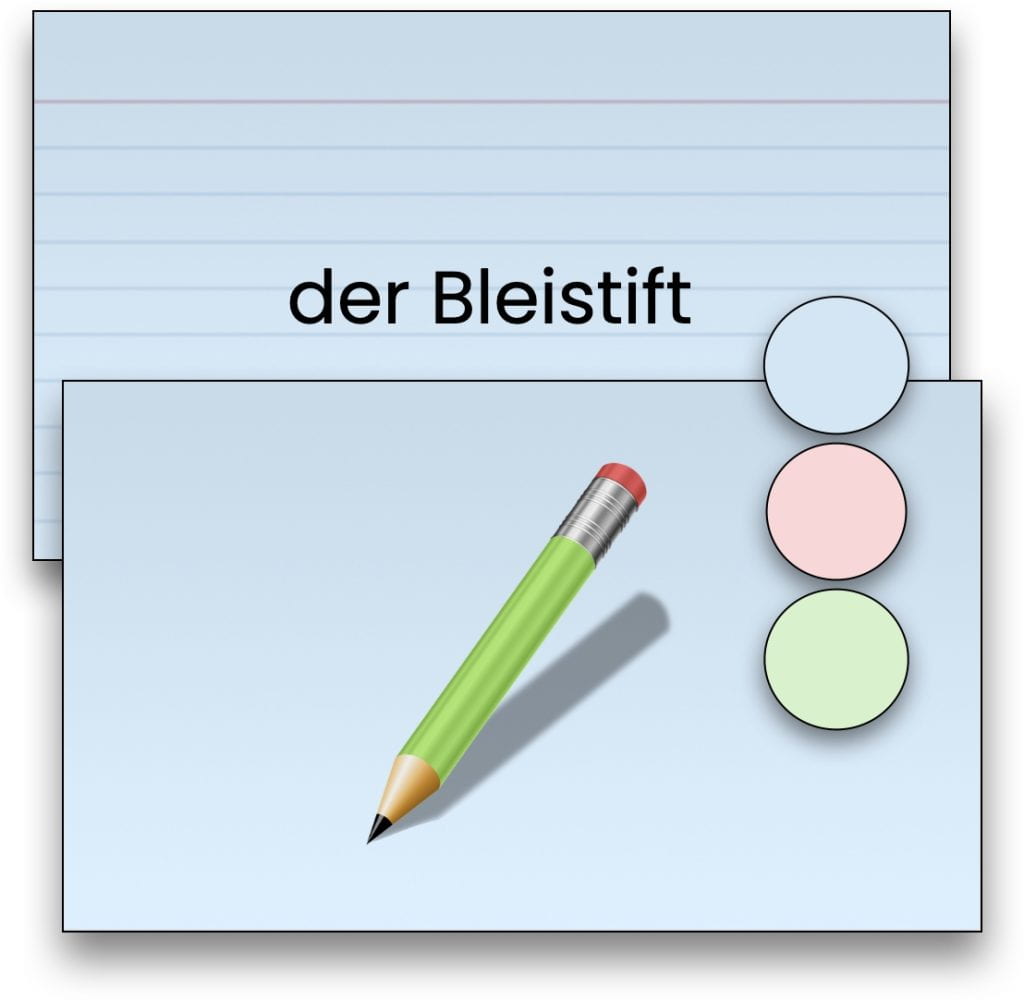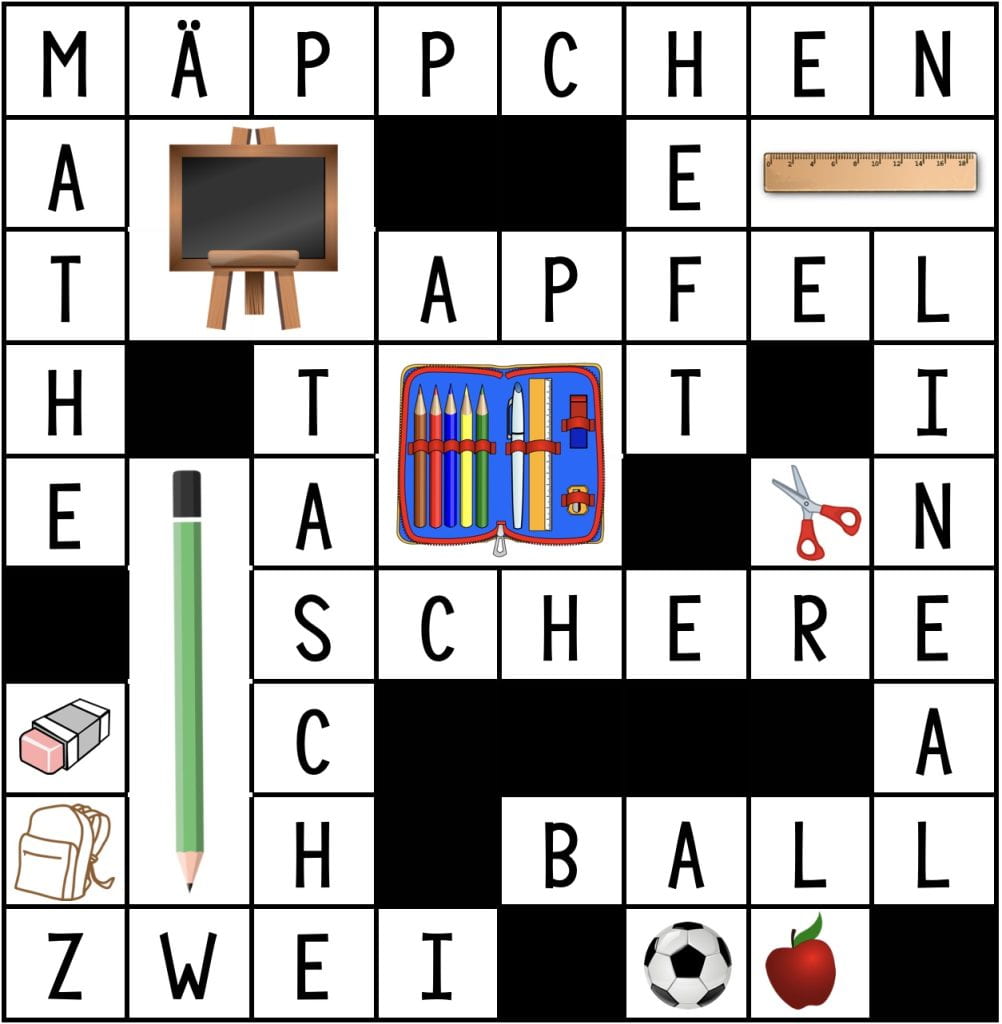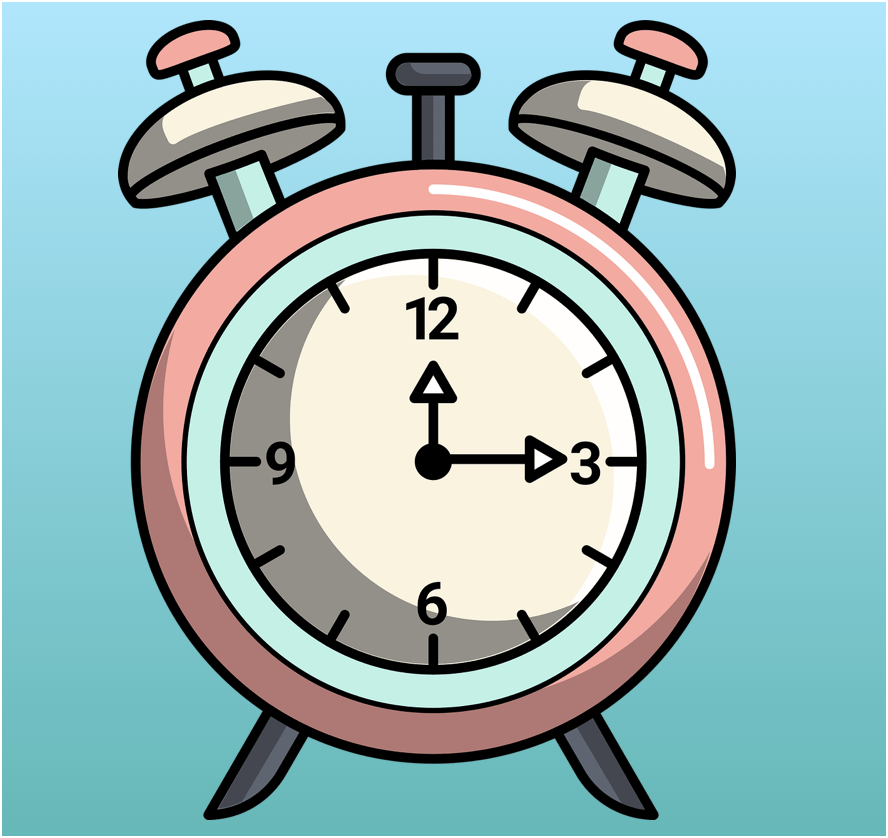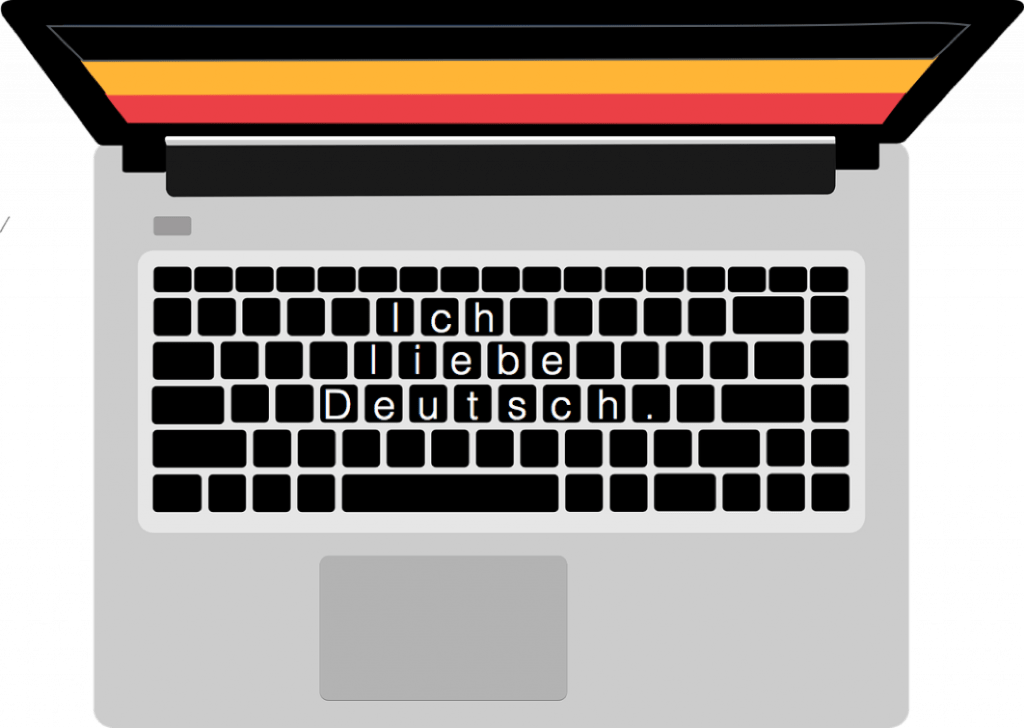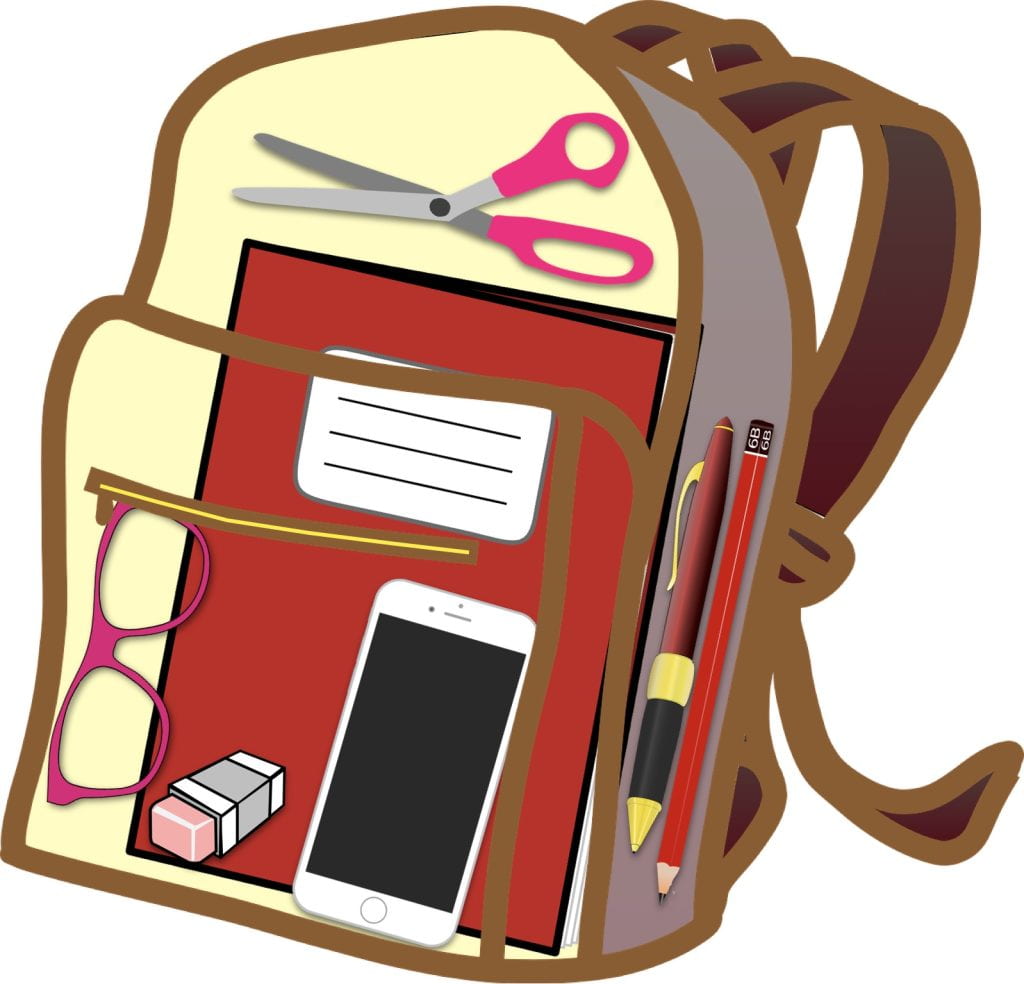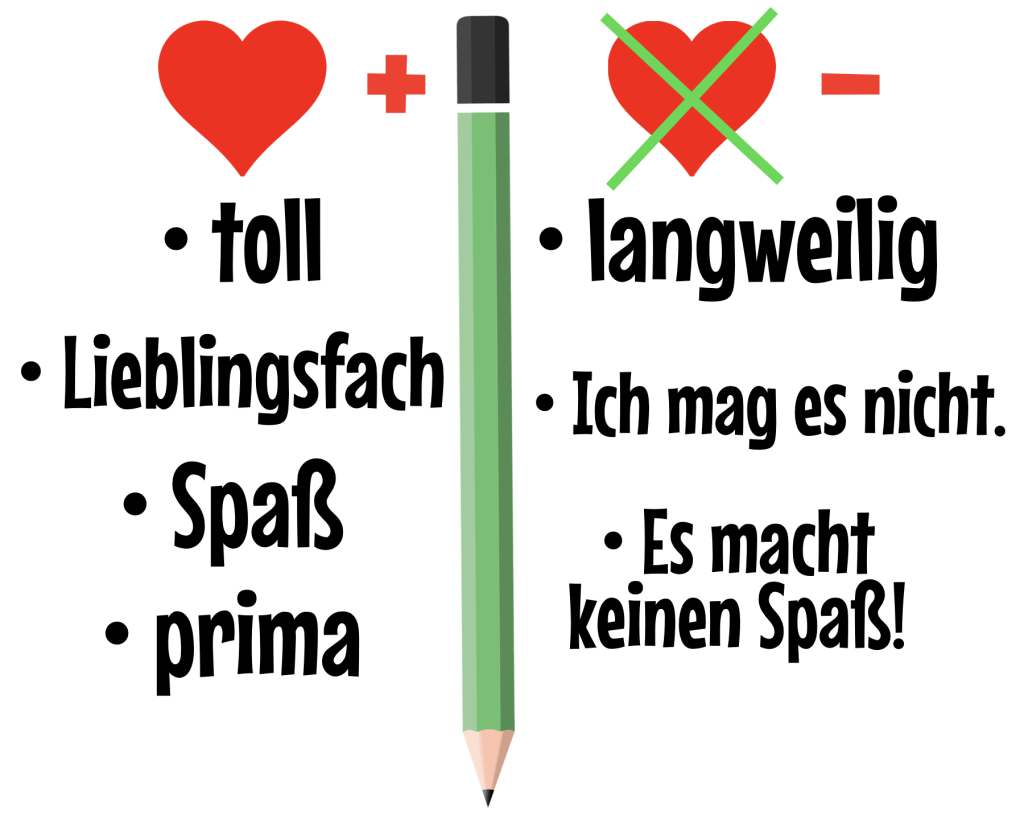What do you like to eat? 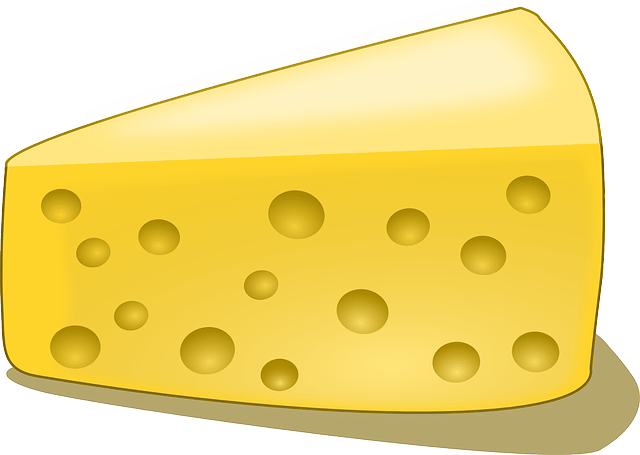
Posted by Roslyn Green in October 2022
Key Verbs
Simple Sentences:
- Ich esse gern Schokolade. → I like eating chocolate.
- Esst ihr gern Suppe? → Do you like eating soup?
- Wann isst du Frühstück? → When do you eat breakfast?
Key Verb: essen – to eat
Note: The verb essen is a vowel-changing verb. This means that for du and er/sie/es, the stem vowel changes from e to i.
| ich esse |
| du isst |
| er / sie / es isst |
| wir essen |
| ihr esst |
| sie essen |

Simple Sentences
- Ich trinke gern Mineralwasser. – I like drinking mineral water.
- Trinkst du lieber Tee oder Kaffee? – Do you prefer to drink tea or coffee?
- Er trinkt keine Milch. – He doesn’t drink milk.
Key Verb: trinken – to drink
Note: The verb trinken is completely regular in the present tense.
| ich trinke |
| du trinkst |
| er / sie / es trinkt |
| wir trinken |
| ihr trinkt |
| sie trinken |

Simple Sentences
- Ich mag gern Süßigkeiten. – I like sweets.
- Was magst du lieber auf deinem Brot, Käse oder Schinken? – What do you prefer on your bread, cheese or ham?
- Er mag am liebsten Vollkornbrot. – He likes wholemeal bread best.
Key Verb: mögen – to like
Note: The verb mögen is irregular in both its stem and its endings. So you need to learn the conjugation by heart. Notice in particular that there is no -t ending on the er / sie / es person.
| ich mag |
| du magst |
| er / sie / es mag |
| wir mögen |
| ihr mögt |
| sie mögen |
Questions and Answers 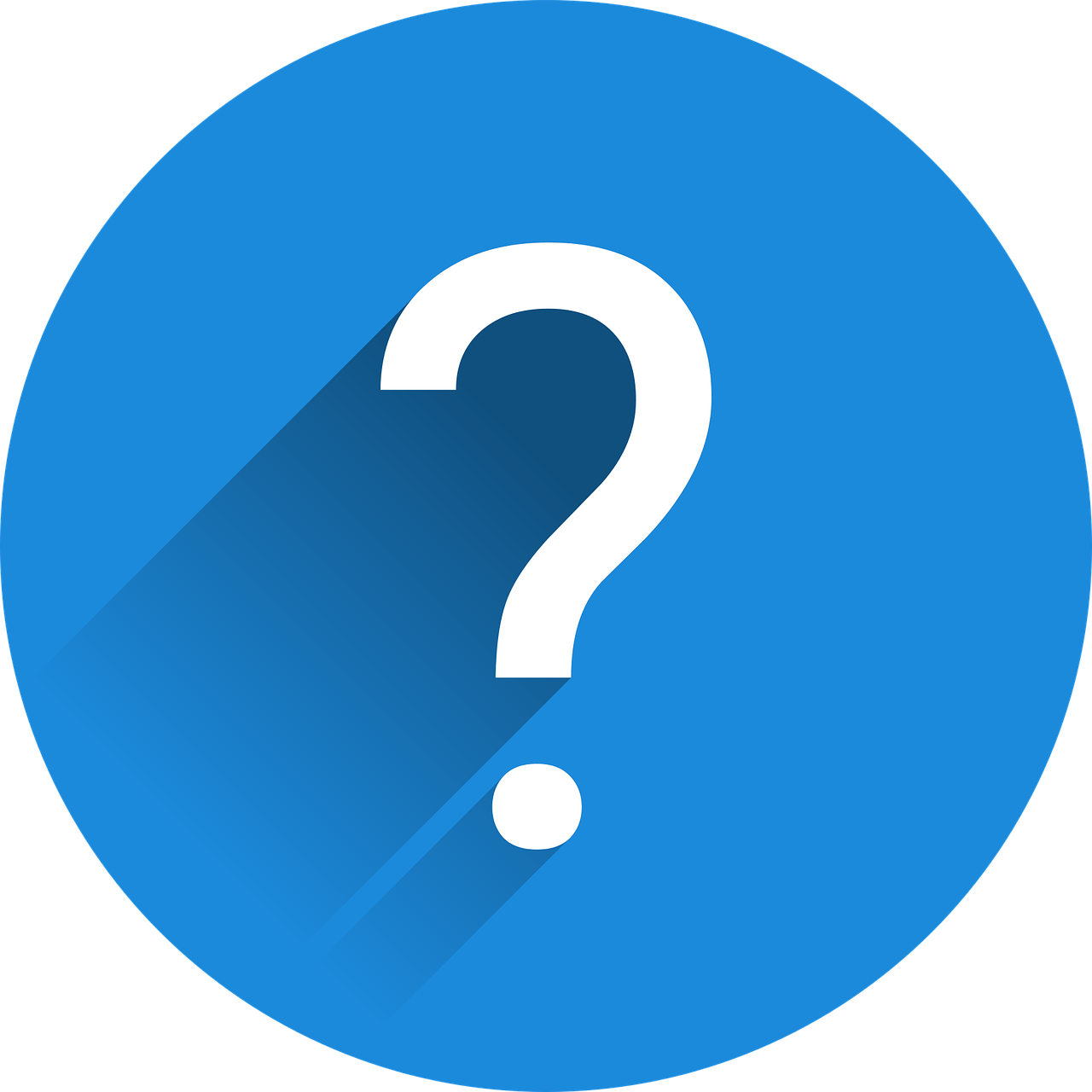
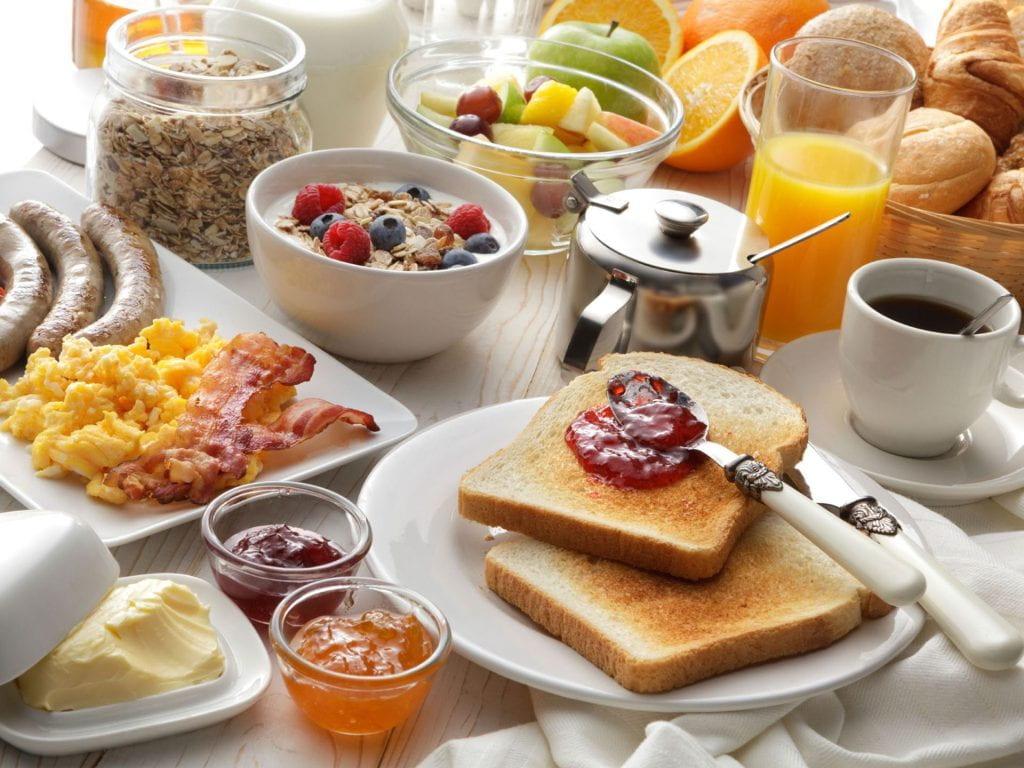
Frühstück | Breakfast
Question / Frage:
Was isst du zum Frühstück? – What do you eat for breakfast?
Answer / Antwort:
Normalerweise esse ich Müsli mit Joghurt und Milch. Ich trinke immer eine Tasse Kaffee. – Usually I eat muesli with yoghurt or milk. I always drink a cup of coffee.
So früh am Morgen esse ich lieber nicht. – I prefer not to eat so early in the morning.
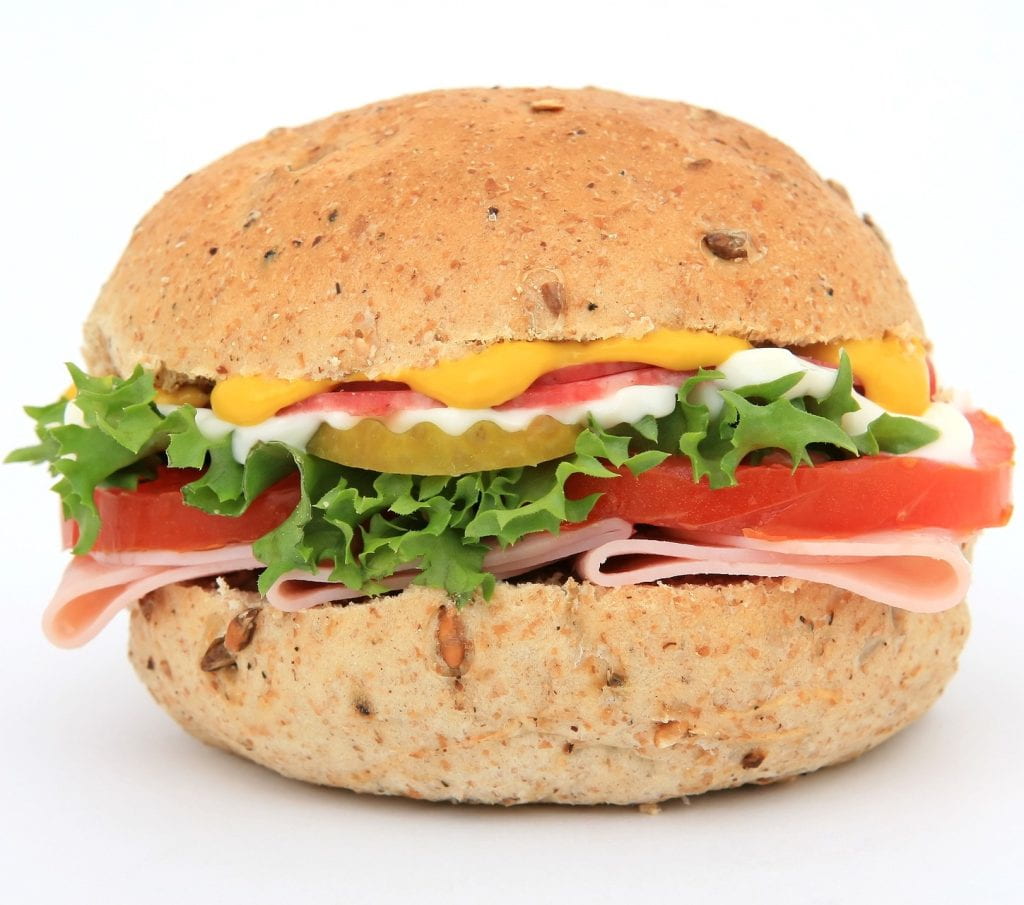
Mittagessen | Lunch
Question / Frage:
Was isst du zu Mittag? / Was isst du zum Mittagessen? – What do you eat for lunch?
Answer / Antwort:
Zu Mittag esse ich ein Brötchen oder ein Sandwich.– I eat a bread roll or a sandwich for lunch.

Abendessen | Dinner
Question / Frage:
Was esst ihr zu Abend? / Was esst ihr zum Abendessen? – What do you eat for dinner? (referring here to more than one person)
Answer / Antwort:
Zum Abendessen essen wir gern Hähnchen, Nudeln oder Pizza. – We like to eat chicken, pasta or pizza for dinner.
Recommended YouTube Videos
Video: Was isst du zum Frühstück? | What do you eat for breakfast?
Through his Deutsch mit Inap channel, Inap teaches you the key words and phrases for talking about breakfast in German.
Video: Was isst du zu Mittag / zu Abend? | What do you eat for lunch / for dinner?
Inap from Deutsch mit Inap provides an overview of lunch and dinner foods, with the help of pictures, spoken phrases and written words.
Quizzes and Activities 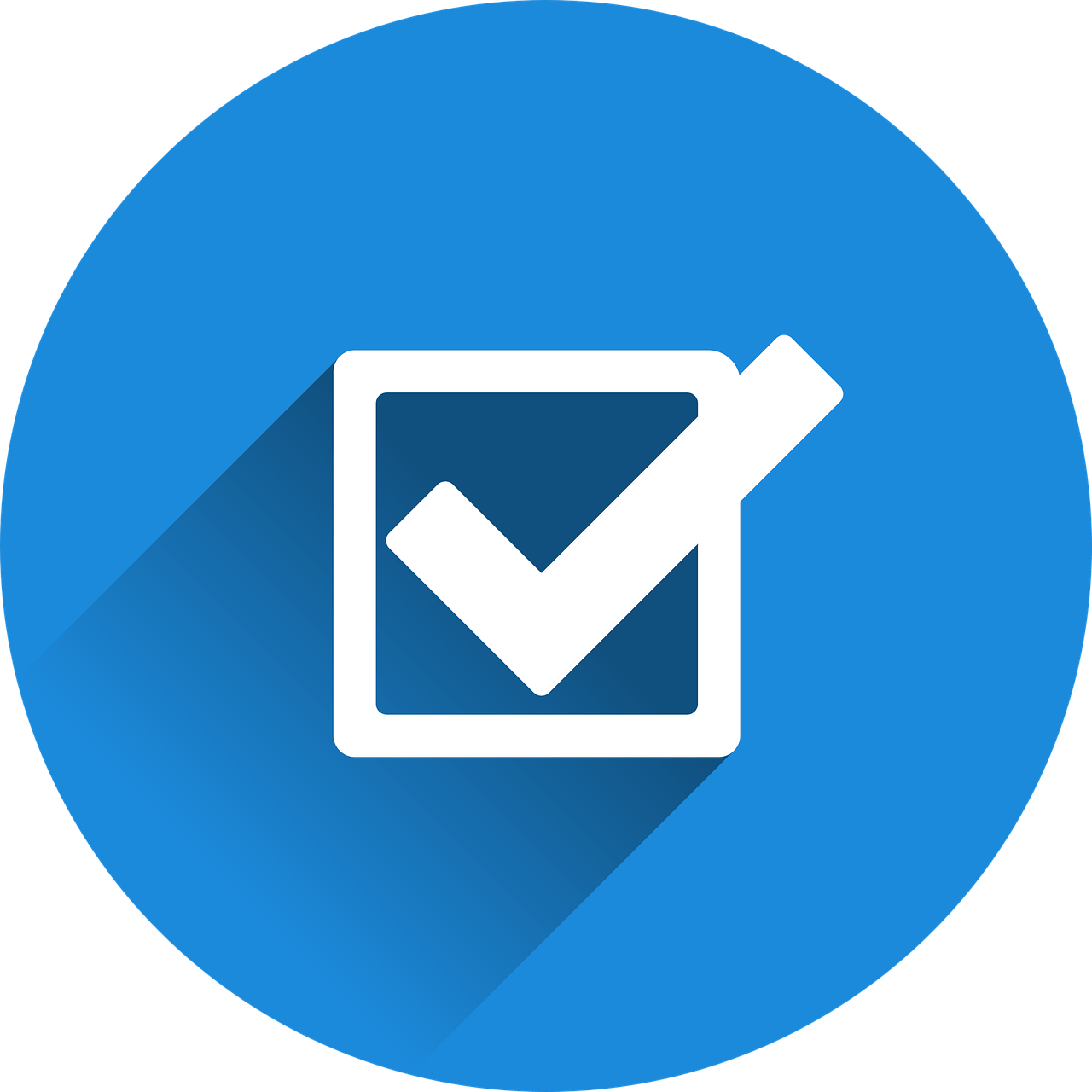
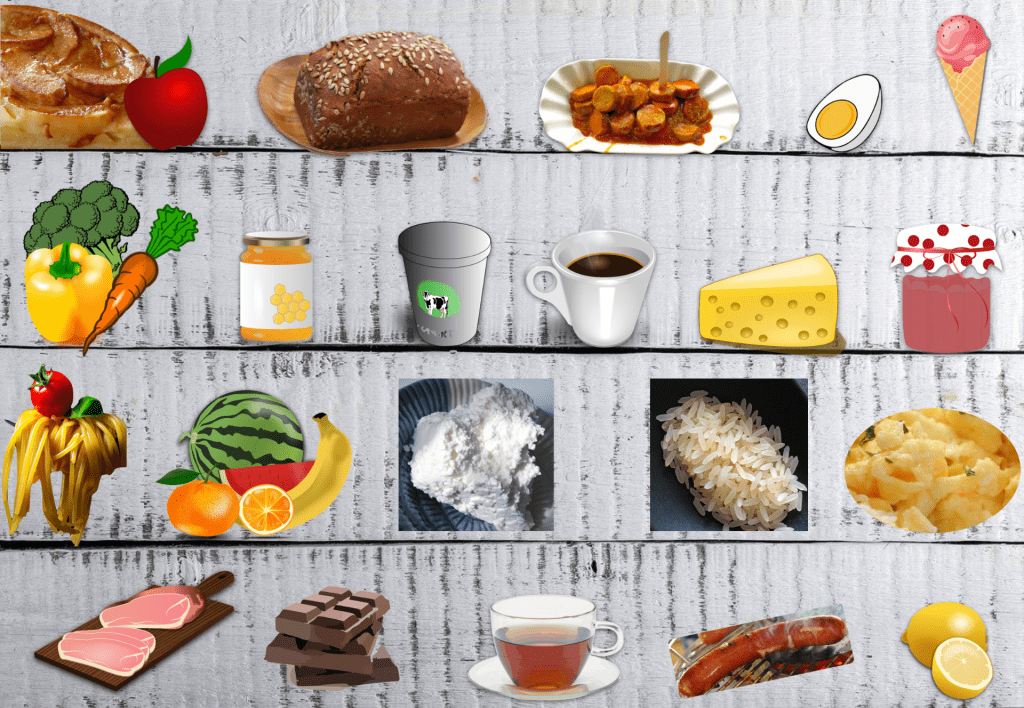
A Pin and Label Quiz with Speaking Clues: Deutsches Essen A-Z | German Food A-Z
Actually, there isn’t a food for every letter. It was hard to fit 26 pictures on the screen. All the same, this is an easy way to learn many key nouns for food. The pins are colour-coded: masculine | feminine | neuter. So you will learn the genders as well.
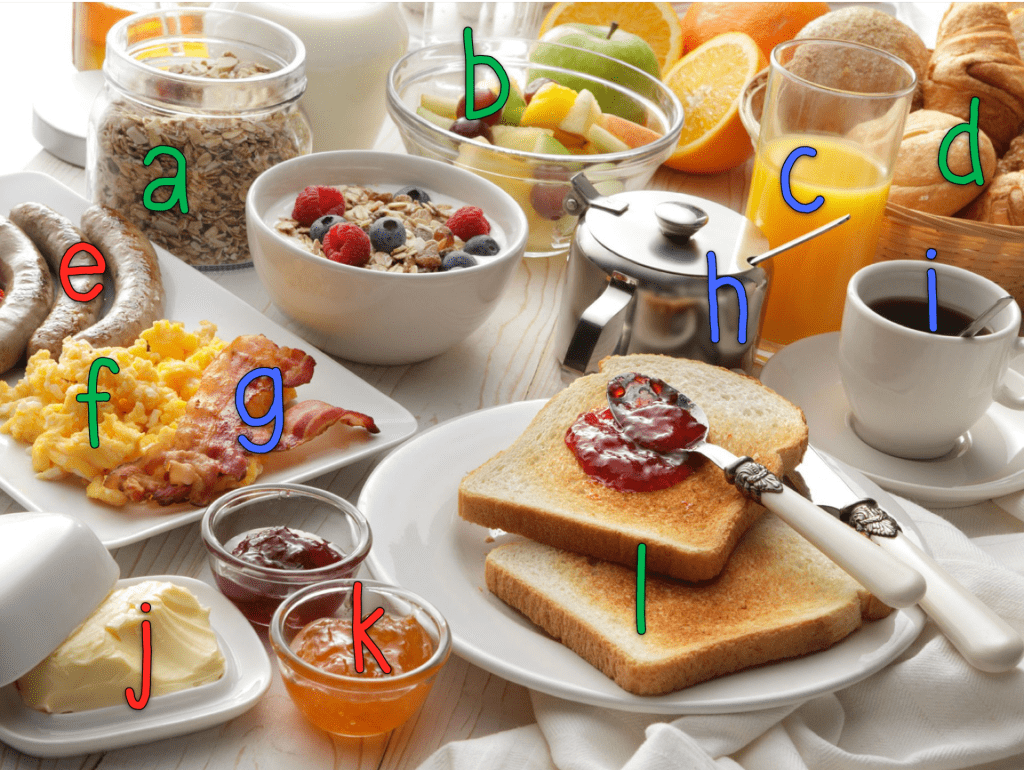
Quiz: Was isst du zum Frühstück? | What do you eat for breakfast?
First, revise your memory for breakfast foods. The letter labels are colour-coded according to noun gender: masculine | feminine | neuter.
Then practise using the correct wording for asking and answering questions about breakfast.
Worksheet: This quiz reworked as a PDF
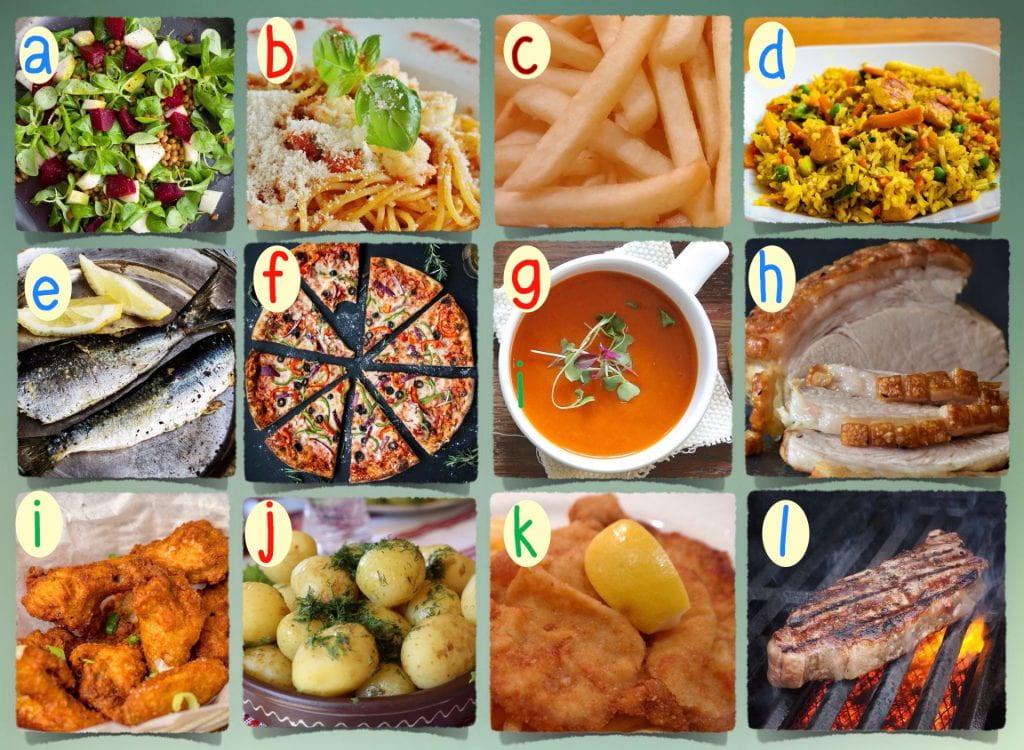
Quiz: Was isst du zu Mittag? | Was isst du zu Abend?
Learn the names of some essential lunch and dinner foods. The letter labels are colour-coded according to noun gender: masculine | feminine | neuter | plural.
Then focus on the conjugation of the verb mögen and practise using the correct wording for asking and answering questions about lunch and dinner.
